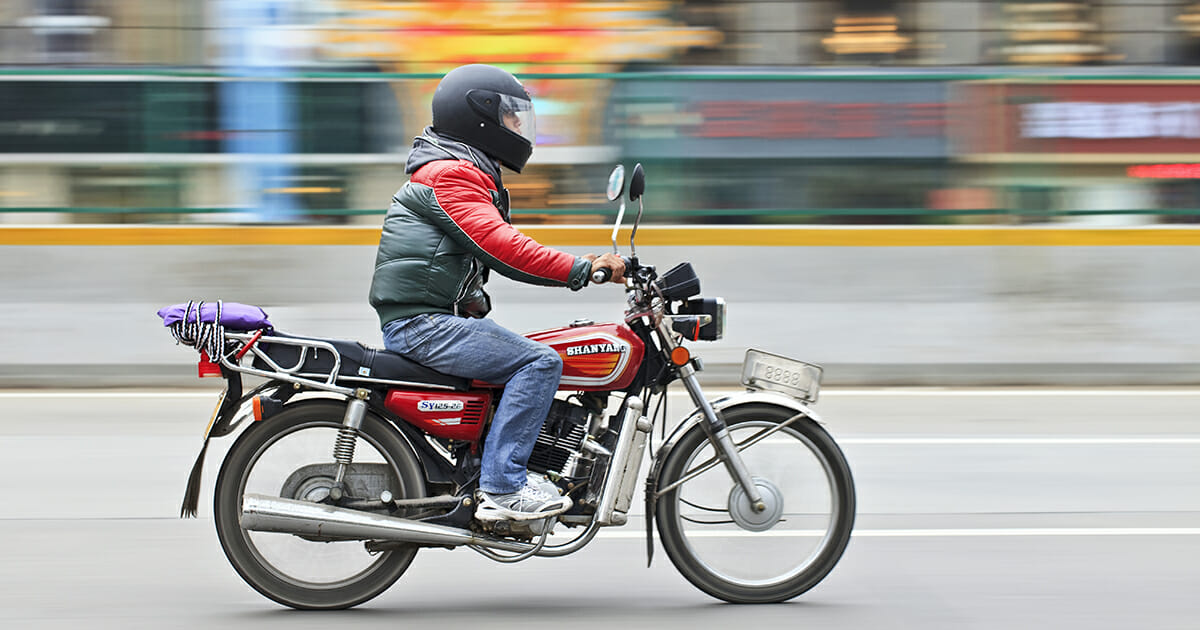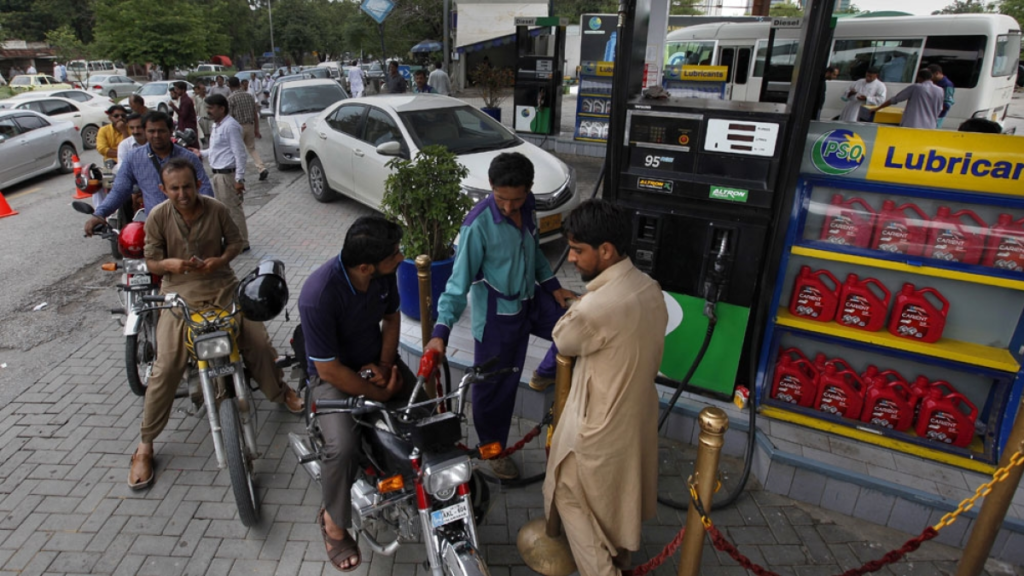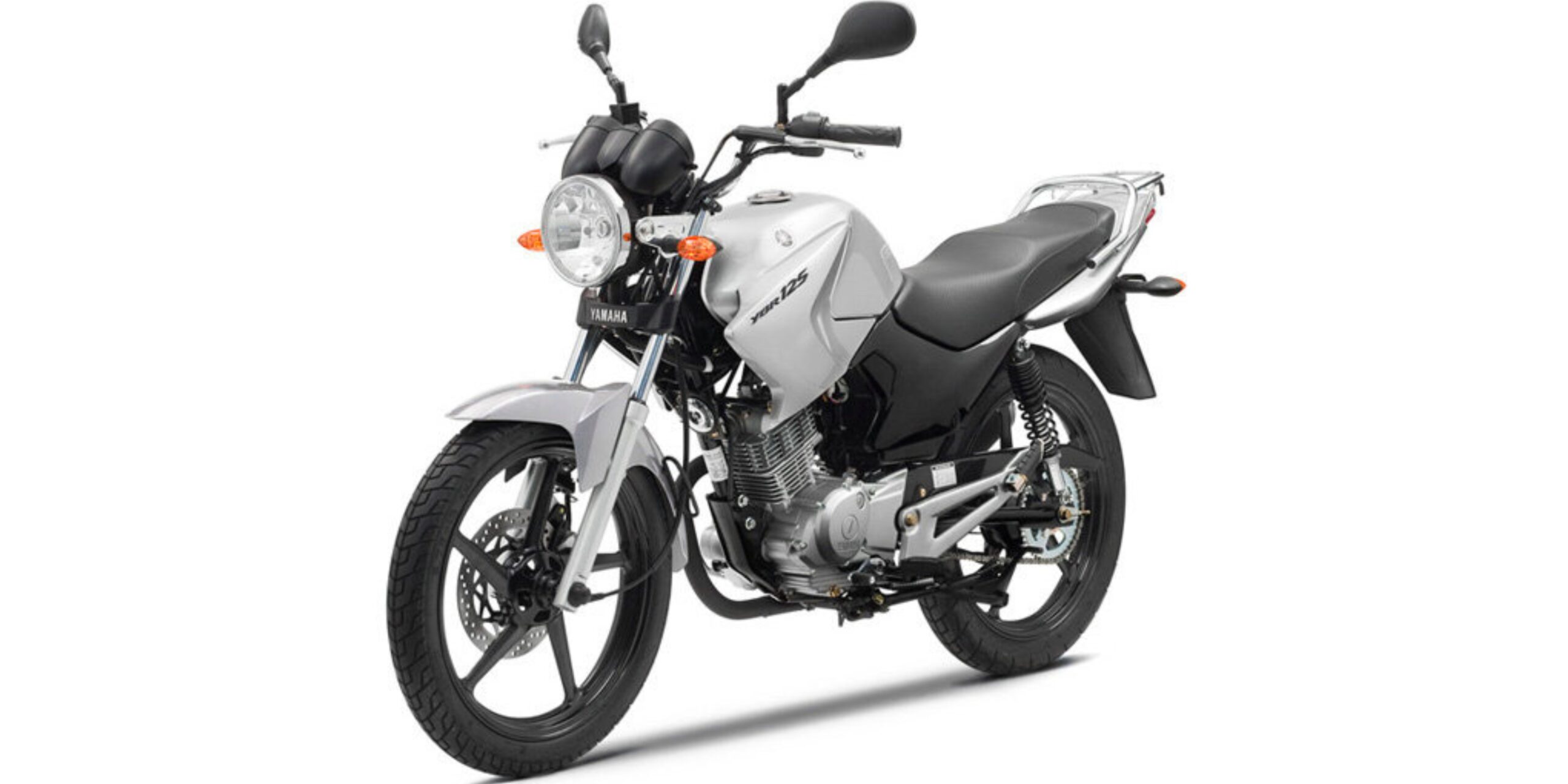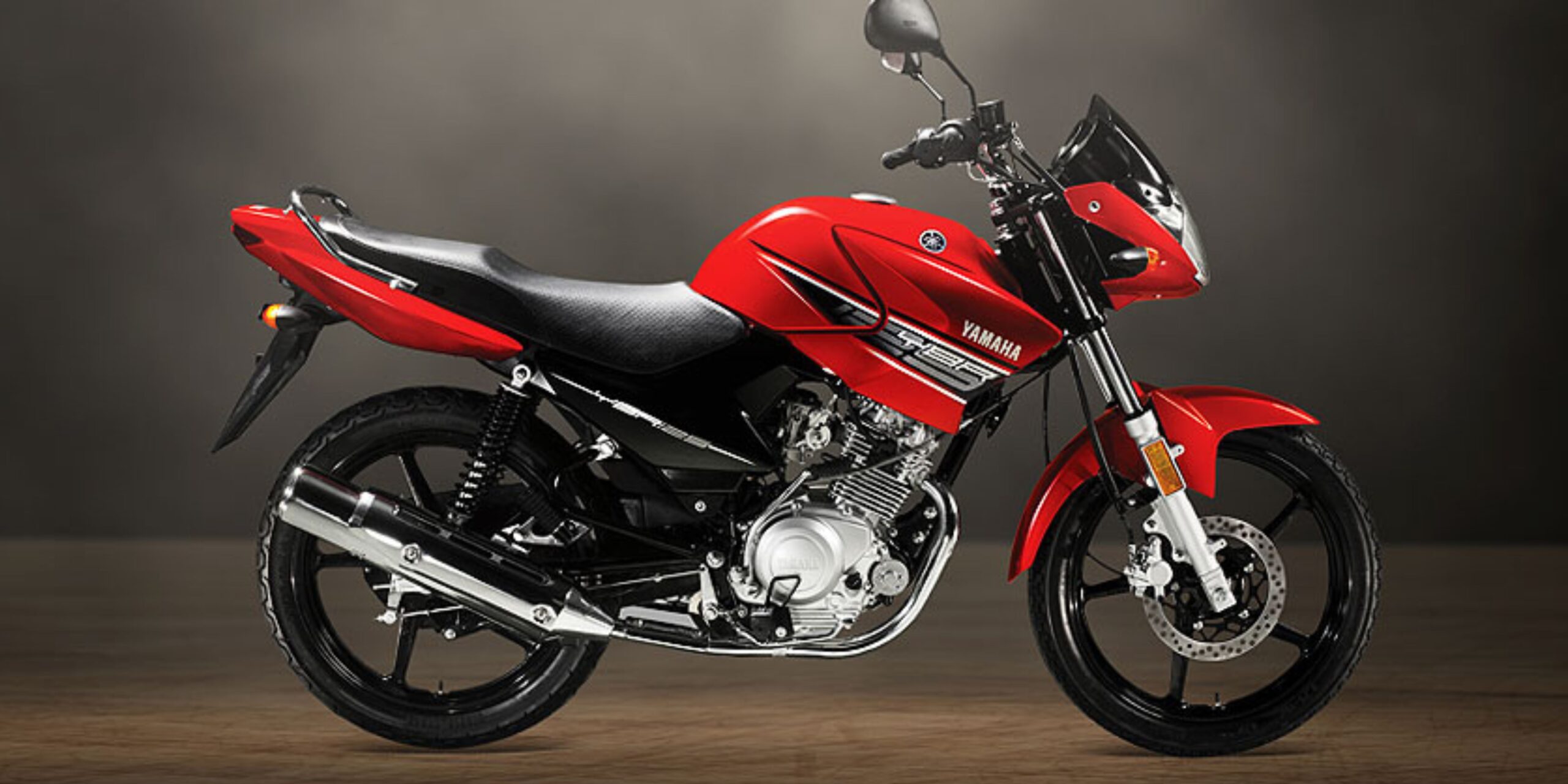In a bid to enhance security measures, the Islamabad Authority has taken a significant step, set to take effect on November 1. This decision, aimed at bolstering safety in the high-security zone of the capital city, will see the banning of motorcycles in the area. The ban’s implementation will certainly reshape daily commuting routines for many residents and visitors to Islamabad.
As we delve into this development, we will explore the reasoning behind the ban, how it might affect the lives of citizens, and the available alternatives for those who rely on motorcycles for their daily transportation needs. Furthermore, we’ll examine the challenges the authorities may encounter while enforcing this ban and ensuring compliance.
Read on to discover the intricacies of this decision and its potential implications for Islamabad’s residents and the security landscape. The following sections will provide a detailed analysis of the motorcycle ban in the high-security zone and its broader significance.
New Security Measures in Islamabad
In a proactive move to fortify the security of the high-security zone in Islamabad, the authorities are set to enforce a motorcycle ban starting on November 1. This decision underscores the paramount importance of safety in this crucial area. The ban, while undoubtedly a pivotal security measure, has raised questions and concerns among the local population. How will this restriction impact the daily lives of citizens? Will it prove to be a successful strategy in enhancing security?
As we explore the intricacies of this decision, it becomes evident that its implementation is not just a simple prohibition; it’s a step towards a more secure and orderly high-security zone. Let’s delve deeper into the reasons and expected outcomes of this important development.
The motorcycle ban, coming into effect on November 1, is a security measure with potentially far-reaching implications for Islamabad’s high-security zone. Understanding the rationale behind this decision is crucial for assessing its potential impact.
The Rationale Behind the Motorcycle Ban
The decision to prohibit motorcycles in Islamabad’s high-security zone stems from a crucial need for more effective traffic management. With the ban taking effect on November 1, understanding the reasoning behind this measure is essential. Traffic congestion and related security concerns have been growing issues in the high-security zone. The influx of motorcycles, often weaving through tight spaces, can pose significant challenges for security personnel.
The ban aims to streamline traffic, reduce congestion, and enhance the overall safety of the area. It’s a multifaceted strategy that addresses not only security concerns but also the need for smoother traffic flow. Traffic management and security go hand in hand. The motorcycle ban is a pivotal step in achieving both objectives and making the high-security zone safer and more efficient.
Alternate Transportation Options
For commuters and residents affected by the upcoming motorcycle ban in Islamabad’s high-security zone, exploring alternative transportation options is paramount. As we approach the November 1 implementation date, having viable alternatives is crucial.
Public transportation, including buses and taxis, will likely see increased demand. These options offer convenience and the assurance of compliance with the new security regulations. Carpooling and ride-sharing services can also provide practical solutions for those impacted by the ban. Furthermore, bicycle-sharing initiatives and electric scooters may gain popularity as eco-friendly alternatives.
Conclusion: With careful planning and consideration of alternative transportation options, the motorcycle ban need not disrupt the daily routines of residents and commuters in the high-security zone.
Impact on Citizens
The forthcoming motorcycle ban in Islamabad’s high-security zone will undoubtedly have an impact on the daily lives of the city’s residents. As the ban approaches, it’s essential to understand how it might affect the people who rely on motorcycles for their daily transportation needs.
For many citizens, motorcycles are an efficient and cost-effective means of transportation. The ban will require them to adapt to new modes of commuting, potentially leading to longer travel times and adjustments in daily schedules.
Additionally, businesses that rely on motorcycle deliveries may need to reevaluate their logistics. This transition period may pose some challenges, but it’s important to weigh these against the enhanced security benefits.
The motorcycle ban’s effects on citizens will necessitate adjustments, but with proper planning and consideration of alternative transportation, residents can navigate these changes with minimal disruption.
Enforcement and Compliance
Enforcing the motorcycle ban in Islamabad’s high-security zone is a multifaceted challenge. As the November 1 start date approaches, ensuring compliance and addressing potential challenges are paramount. Authorities must develop a robust system for monitoring and enforcing the ban. This includes defining clear penalties for violators and educating the public about the new regulations.
Moreover, the ban’s success depends on the cooperation and understanding of the community. Addressing concerns and maintaining open communication with affected citizens is essential for a smooth transition. The effective implementation of the motorcycle ban requires a combination of strict enforcement, community engagement, and clear communication to navigate the challenges that may arise.









